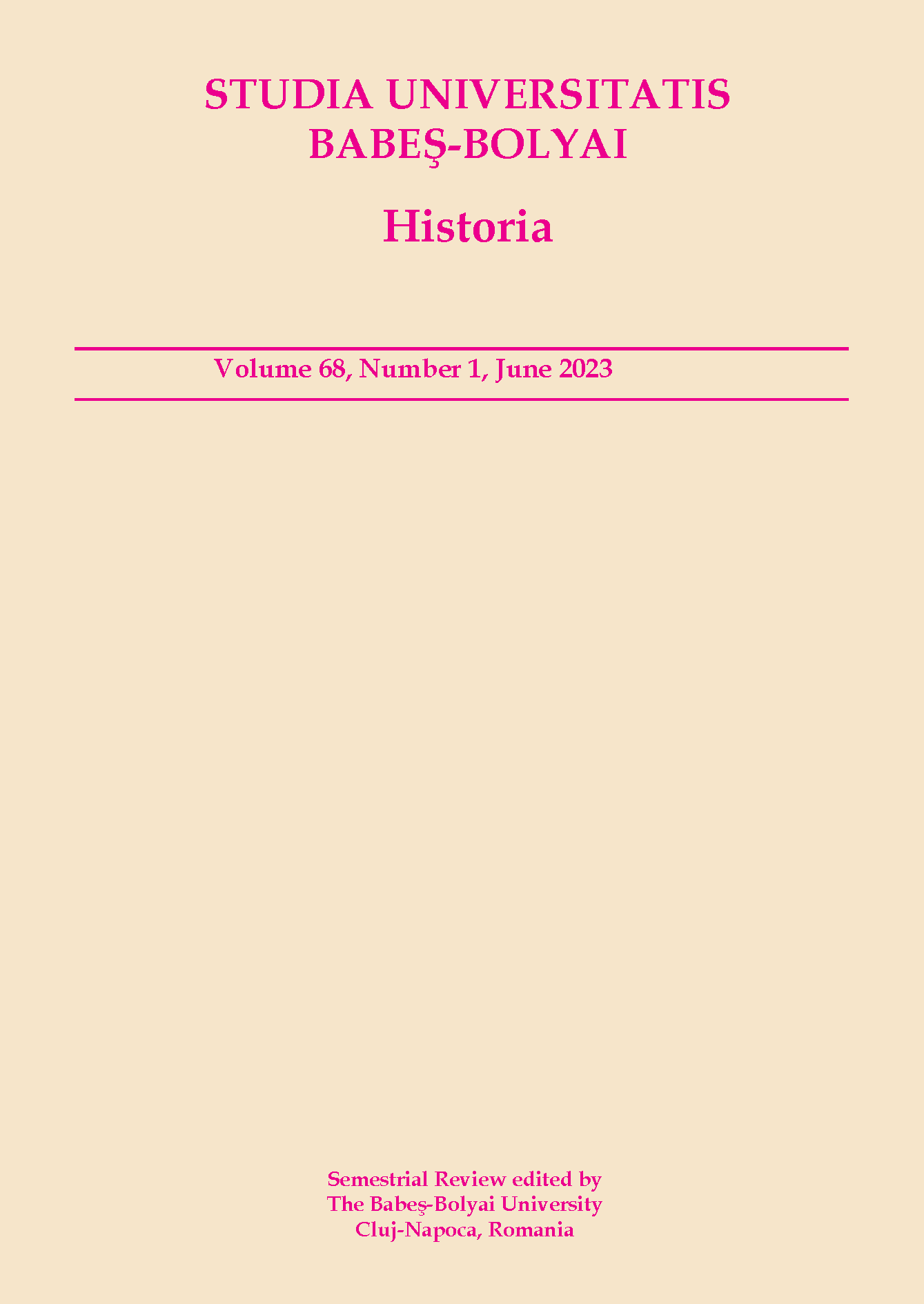Court Jesters in the Service of the Transylvanian Nobility
DOI:
https://doi.org/10.24193/subbhist.2023.1.05Abstract
The aim of this paper is to provide a brief overview of the jesters found in the Principality of Transylvania. Our analysis is largely based on memoirs, autobiographies and chronicles written by Transylvanian nobles and intellectuals, and occasionally on princely charters. The earliest records on court fools in the principality date to the 16th century, while the latest are from the 19th century. Two types of fools can be encountered in the sources: natural and artificial ones. Dwarfs, mentally ill, ugly or slow-minded adults fall in the first category. In contrast, the artificial or wise fools, as they are referred to, possessed special skills, and they were not only good entertainers, but often educated people, sometimes even members of the nobility. They distinguished themselves from their colleagues by the intimacy they manifested around the prince or nobles, and their freedom to comment and criticize politics, to offer advice and in general to speak freely.
Rezumat: Scopul lucrării noastre este de a oferi o scurtă prezentare a bufonilor din Principatul Transilvaniei. Analiza noastră se bazează în mare parte pe memorii, autobiografii şi cronici (redactate de nobili şi intelectuali transilvăneni), respectiv diplome princiare. Cele mai vechi înregistrări despre bufonii de curte din principat datează din secolul al XVI-lea, iar cele mai recente sunt din secolul al XIX-lea. Sursele noastre relatează despre bufoni naturali şi artificiali. Din prima categorie fac parte piticii, persoanele cu boli mintale, diforme sau lente la minte. În contrast, bufonii înțelepți erau buni oratori, glumeți, adesea proveneau din familii nobiliare şi de obicei erau educați.
Aceştia se deosebeau de ceilalți curteni prin intimitatea pe care o manifestau în jurul principelui, sau al nobililor, şi prin libertatea de a comenta şi critica deciziile lor politice, de a oferi sfaturi şi, în general, de a vorbi liber, atunci când alții nu îndrăzneau.
Cuvinte cheie: bufon, nebun de curte, Transilvania, pitici, istorie culturală
Article: history; Received: 15.05.2023; Revised: 17.05.2023; Accepted: 10.06.2023; Available online: 30.06.2023.
Downloads
Published
How to Cite
Issue
Section
License
Copyright (c) 2023 Studia Universitatis Babeș-Bolyai Historia

This work is licensed under a Creative Commons Attribution-NonCommercial-NoDerivatives 4.0 International License.






